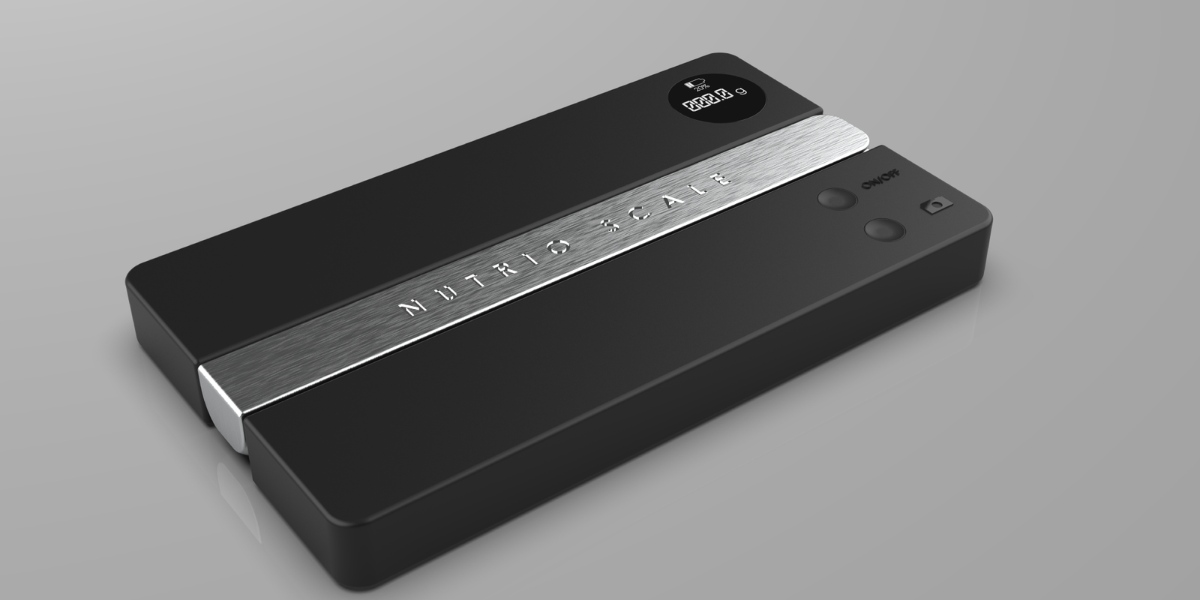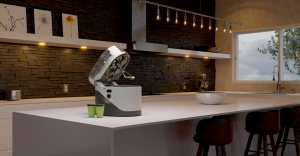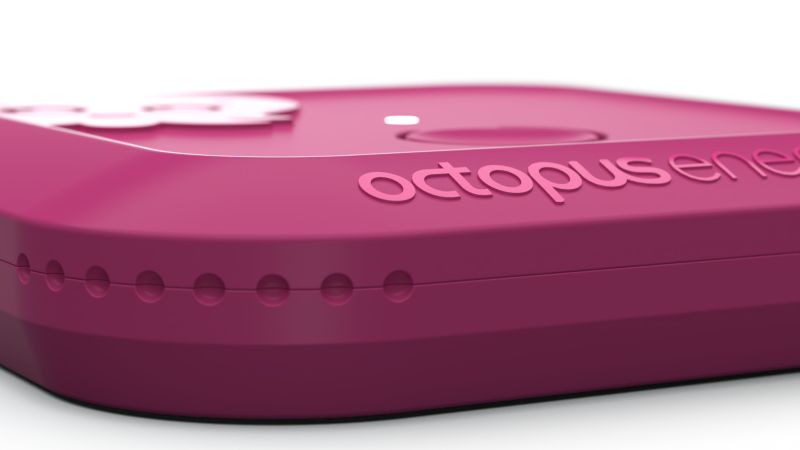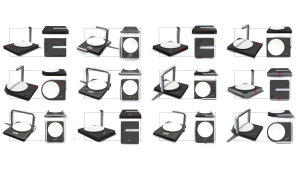
The kitchen, traditionally the heart of the home, is undergoing a radical transformation. The advent of modular appliance design marks a significant shift in how we perceive and interact with our culinary spaces.
This evolution is more than a mere trend; it's a response to the growing demands for customisation, space efficiency, and technological sophistication in our daily lives.
At the core of this revolution is the concept of modular appliances. This approach allows individual components to be added, removed, or rearranged, catering to the unique needs and space constraints of each household.
For instance, the NutriScale, a smart kitchen scale designed by 4D Products, exemplifies this innovation by blending convenience with functionality. It's a shining example of how modular design is reshaping our kitchens into more adaptable and personalised spaces.
The success of modular appliance design hinges on a delicate balance between aesthetics and utility. These principles are vividly illustrated in the 'Cuisine Machine' project by 4D Products.
This cutting-edge design combines sleek, modern aesthetics with multifunctional capabilities, ensuring that style and substance coexist in harmony. The project encapsulates the essence of modular design, where each element is thoughtfully designed to enhance both visual appeal and usability.
The Convertible Refrigerator-Freezer: This appliance is a standout example of modular design in action. With the ability to transform from a refrigerator to a freezer, it adapts to changing storage needs while maintaining a streamlined, elegant appearance.
The All-in-One Cooking Module: A revelation in compact design, this unit is a convergence of a stove, oven, and dishwasher. It embodies the essence of space-saving without compromising on functionality – a critical trend in modern kitchen design.

The Octopus Home Mini: Developed by Octopus Energy and designed by 4D Products, this project exemplifies how functionality can be elevated through smart technology. It demonstrates energy-efficient solutions in home appliances, catering to the contemporary user's needs for convenience and eco-friendliness.
A deep dive into recent market analyses reveals a significant shift in consumer preferences towards customisable and adaptable kitchen designs. A 2024 study by the Kitchen Design Institute found that an overwhelming majority of homeowners now prioritise appliances that can adjust to their changing lifestyle needs.
Modular appliances, such as those innovatively designed by 4D Products, cater to this growing demand by offering unparalleled flexibility and personalisation options.
The integration of smart technology in appliance design is no longer a futuristic concept; it's a present reality. Projects like the Octopus Home Mini are at the forefront of this integration, showcasing how artificial intelligence (AI) and the Internet of Things (IoT) can revolutionise appliance functionality.
These advancements offer users unprecedented levels of efficiency, convenience, and engagement, marking a new era in the kitchen appliance industry.

Designing modular appliances comes with its own set of unique challenges. One of the primary concerns is ensuring that each module operates flawlessly, both as an independent unit and as part of a larger system.
This requires a meticulous approach to design, where functionality and aesthetics must be considered in equal measure. Industry experts from companies like 4D Products emphasise the importance of this balance, noting that it is the key to successful appliance design in the modern era.
In today's world, sustainability is not just a buzzword; it's a critical component of appliance design. The move towards energy-efficient models, as exemplified by smart technology innovations, not only reduces the environmental footprint but also aligns with the values of eco-conscious consumers.
Modular designs contribute to this sustainability effort by promoting longevity and reducing material waste, as users can update or replace individual components instead of discarding the entire appliance.
Looking towards the future, the potential for innovation in modular appliance design is boundless.
The industry is poised for further advancements in materials, smart integration, and user-centric designs. We can expect to see appliances that not only cater to functional needs but also seamlessly blend into our living spaces, contributing to the overall decor and ambiance.
These future developments promise to push the boundaries of what is possible, offering more adaptable, efficient, and stylish solutions for modern kitchens.

The introduction of modular appliances is not just a shift in design philosophy; it's a transformation in lifestyle. These appliances offer a level of convenience and space optimisation that was previously unimaginable.
For urban dwellers in compact living spaces, modular designs are a boon, allowing them to maximise functionality without compromising on style. The aesthetic impact of these appliances on modern living spaces is profound, as they offer sleek, customisable options that reflect individual tastes and preferences.
As we embrace the modular kitchen appliance trend, we open the door to a world where our appliances are not just functional but also a reflection of our personal style and environmental consciousness.
Modular designs represent the perfect marriage of form and function, symbolising a move towards more personalised, efficient, and aesthetically pleasing kitchen designs. This revolution in appliance design is more than just an evolution of technology and aesthetics; it's a testament to the human desire for innovation and adaptability in every aspect of our lives.